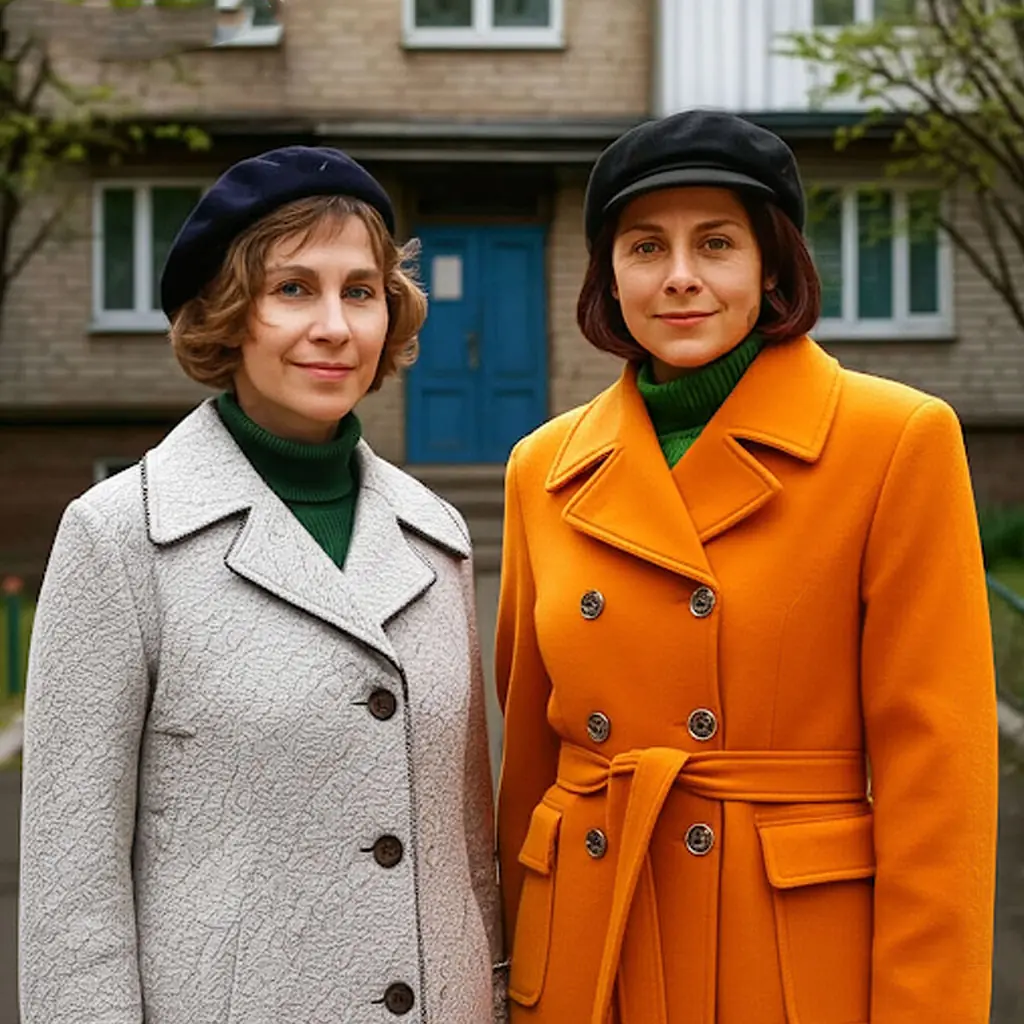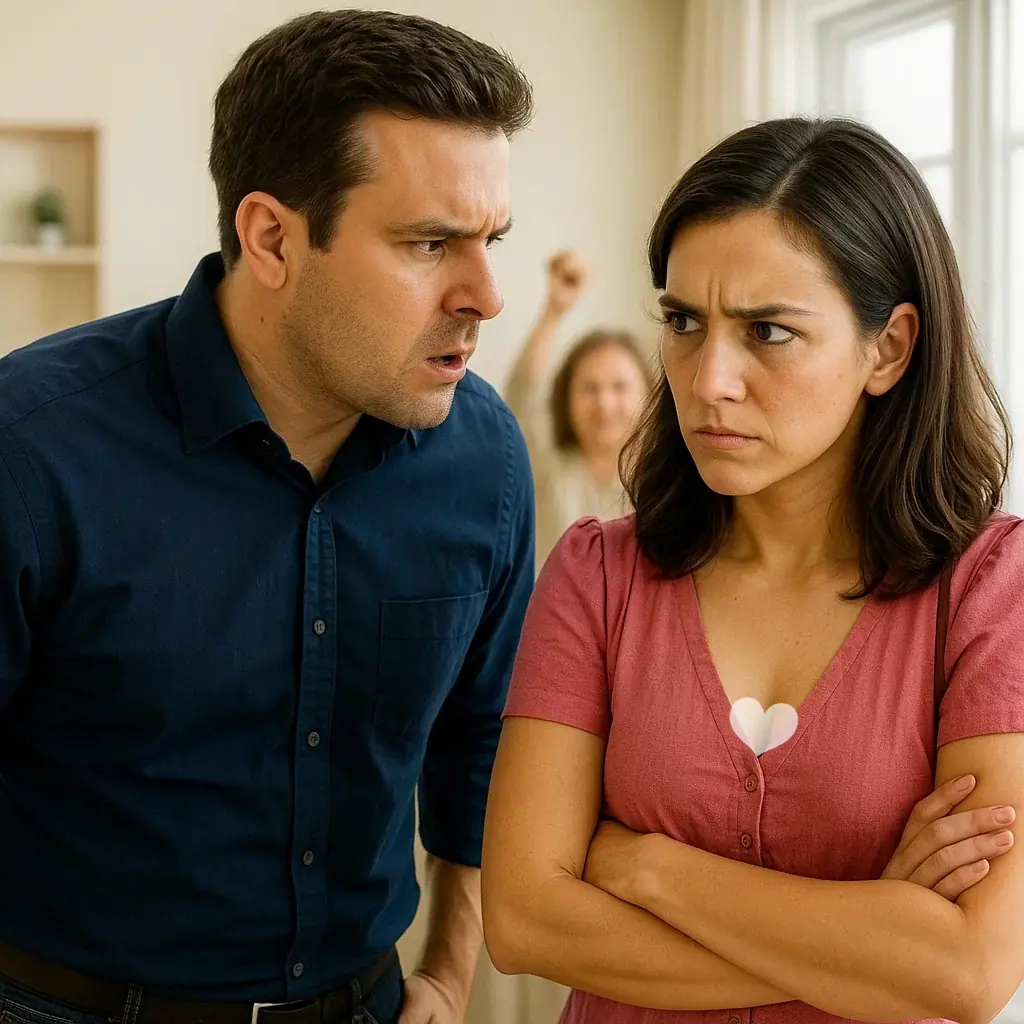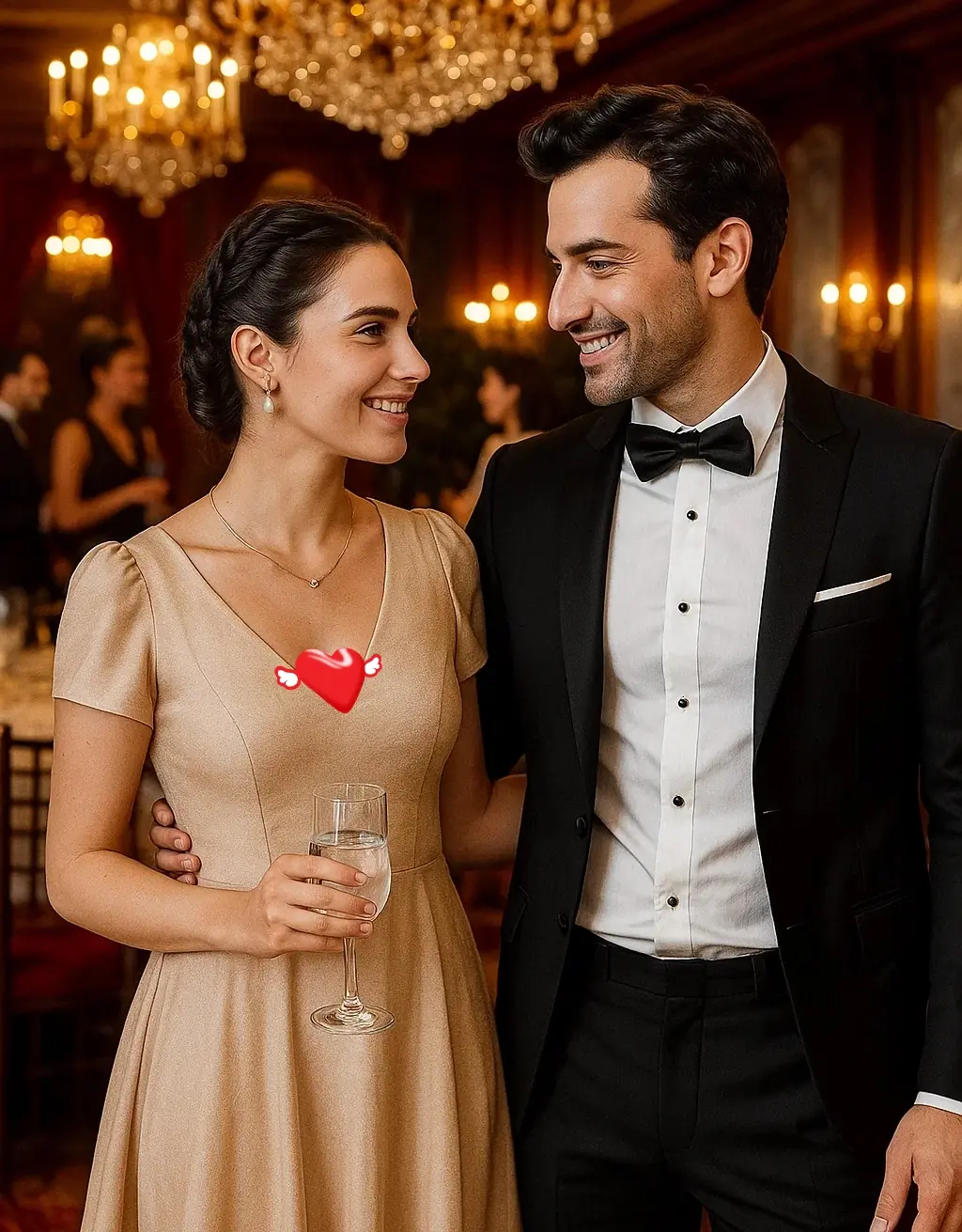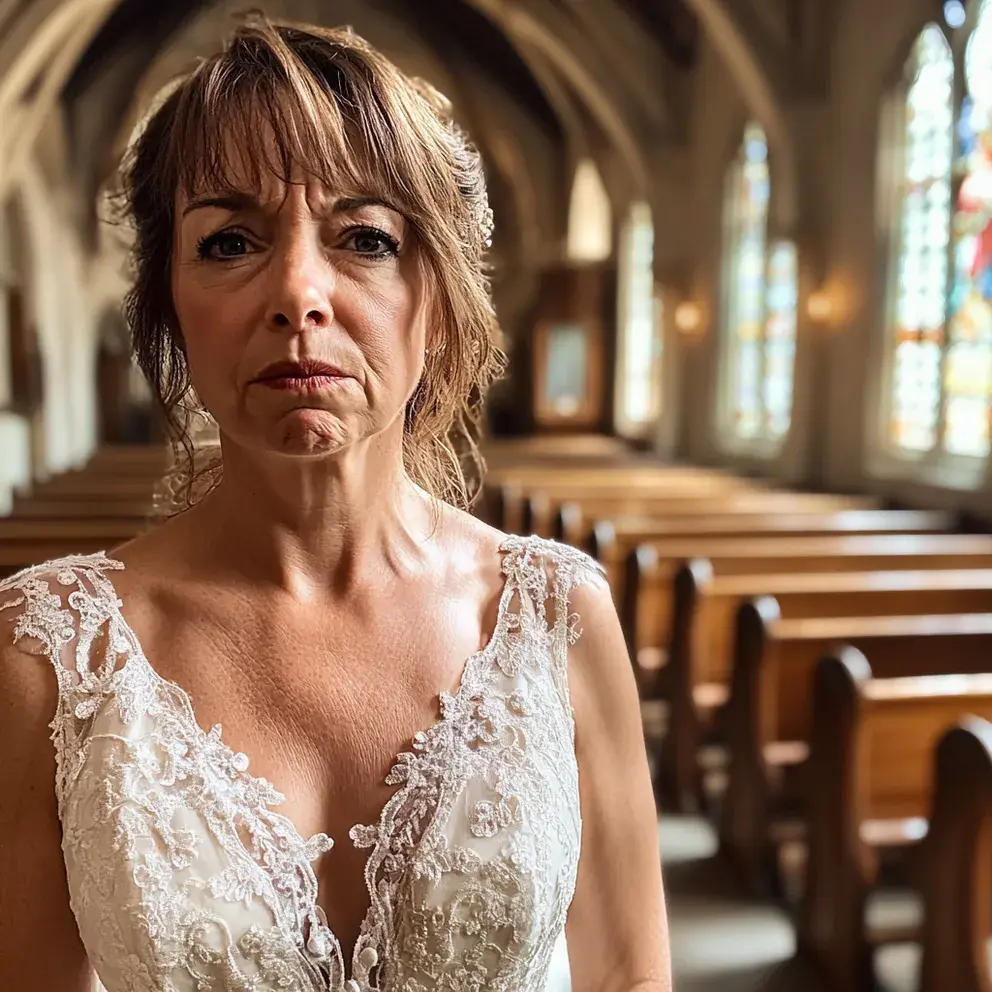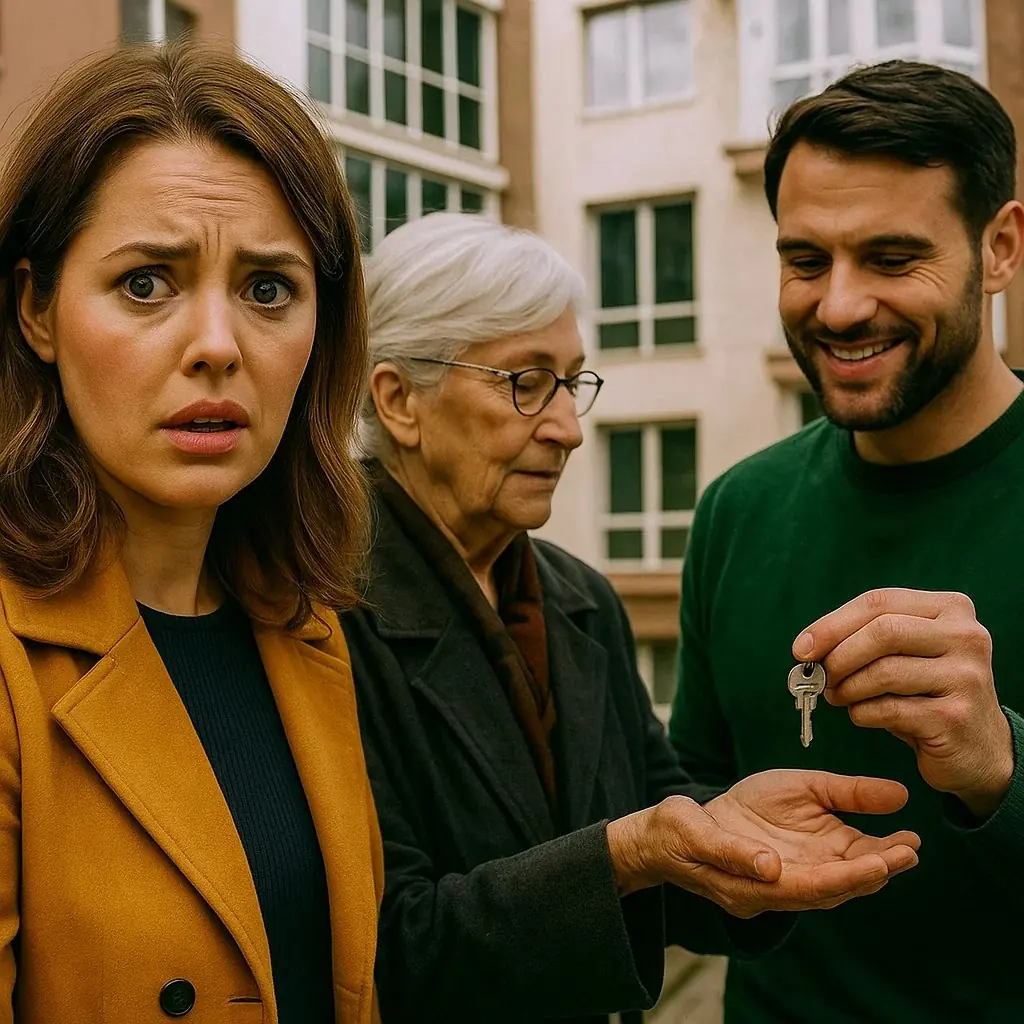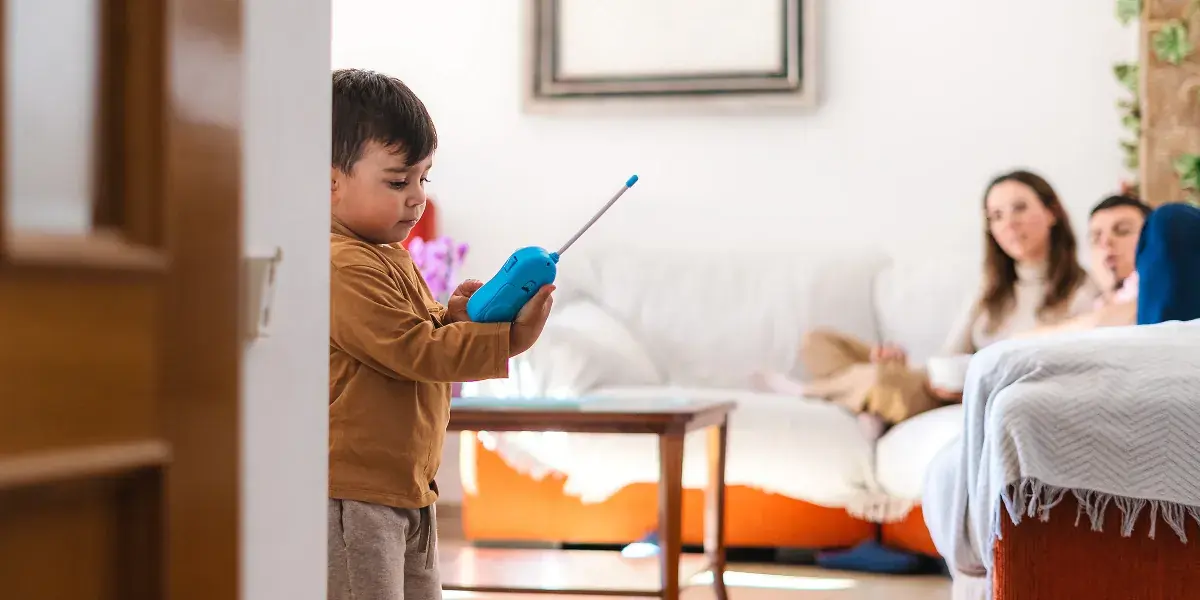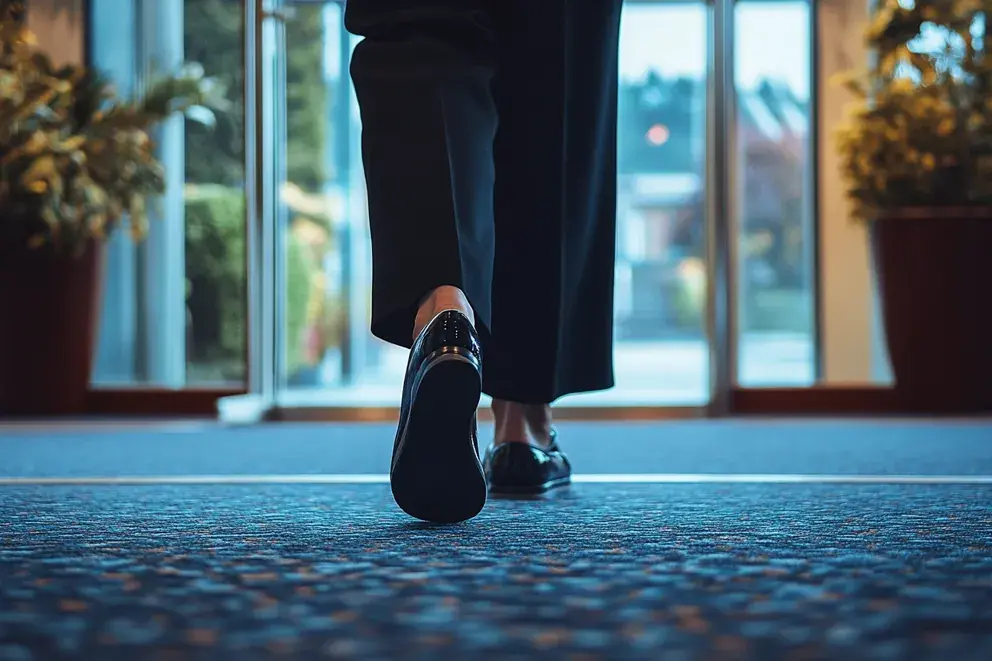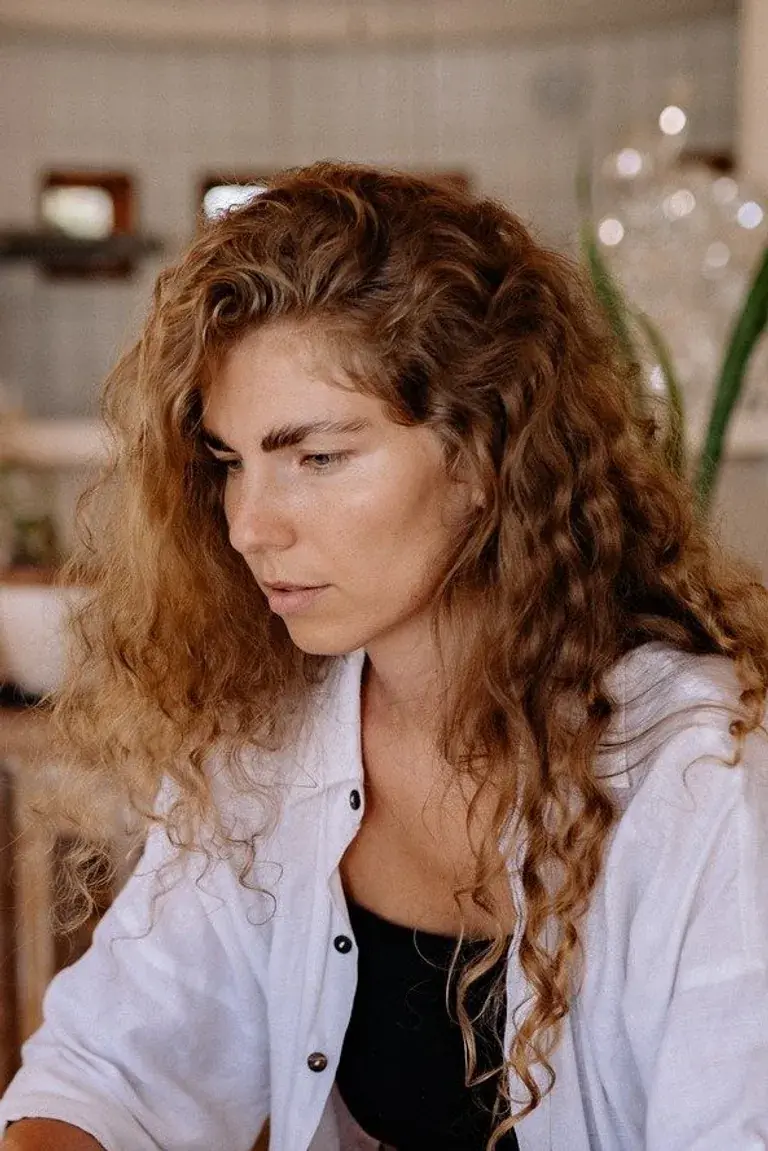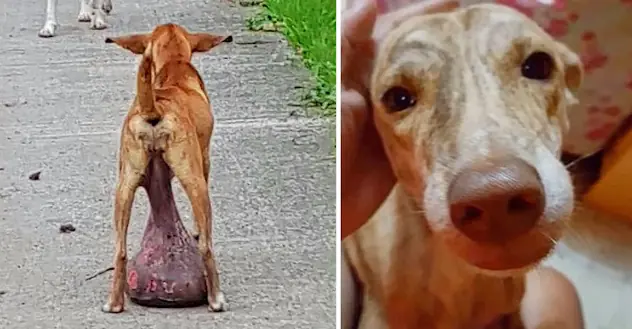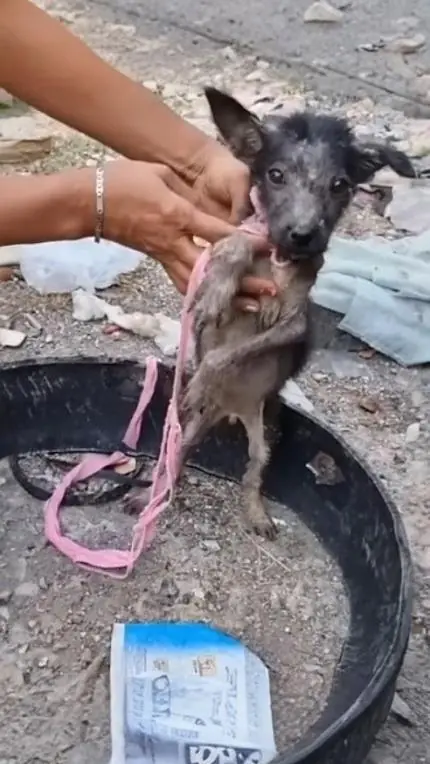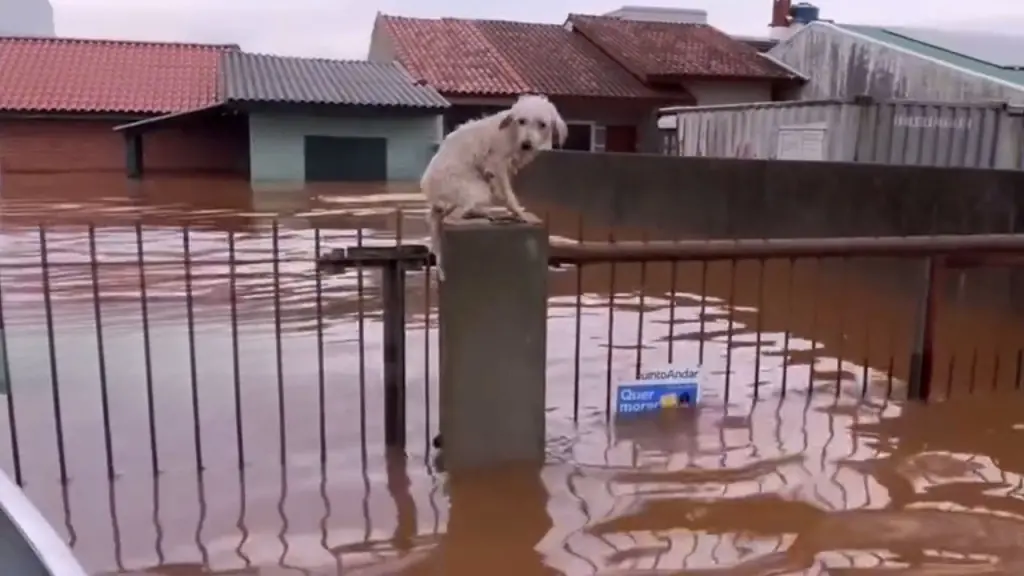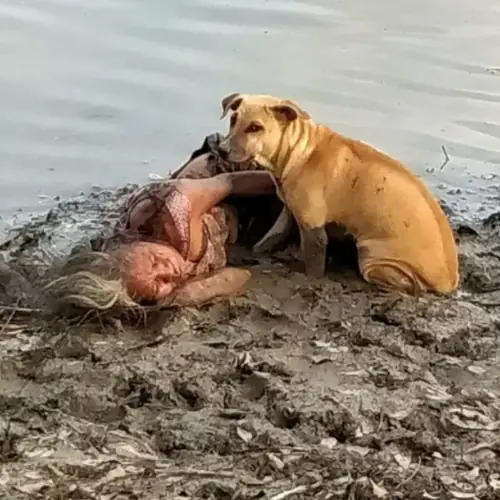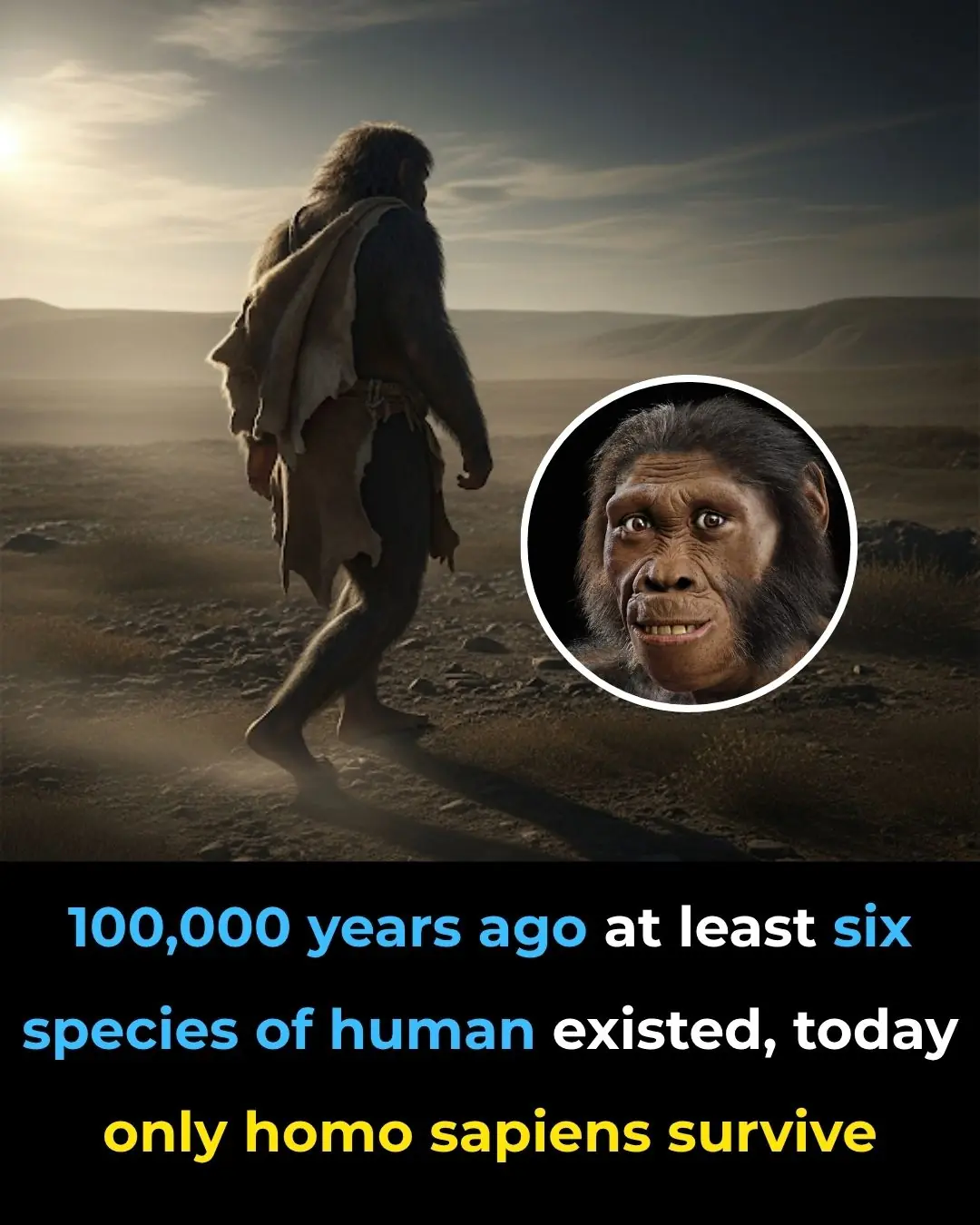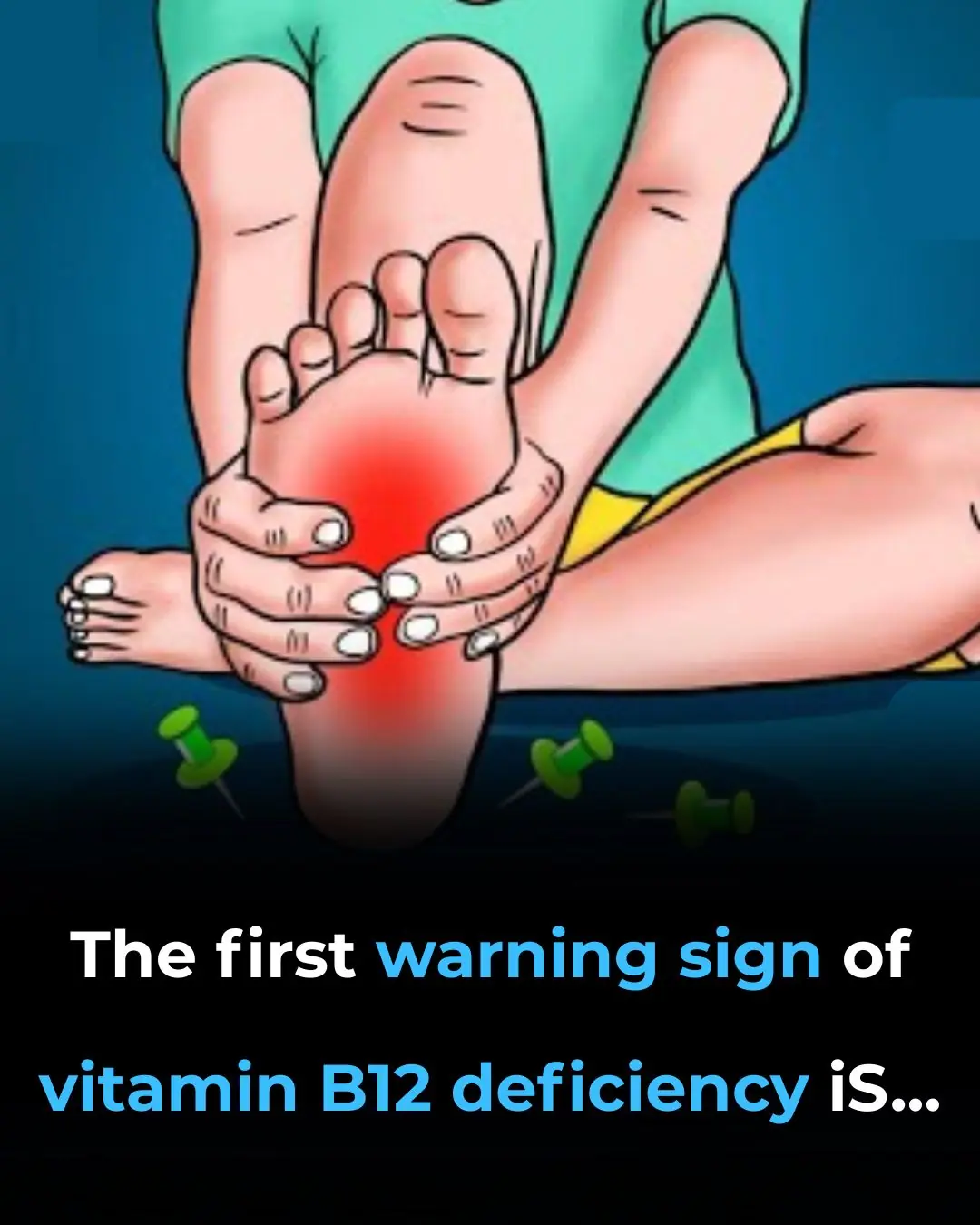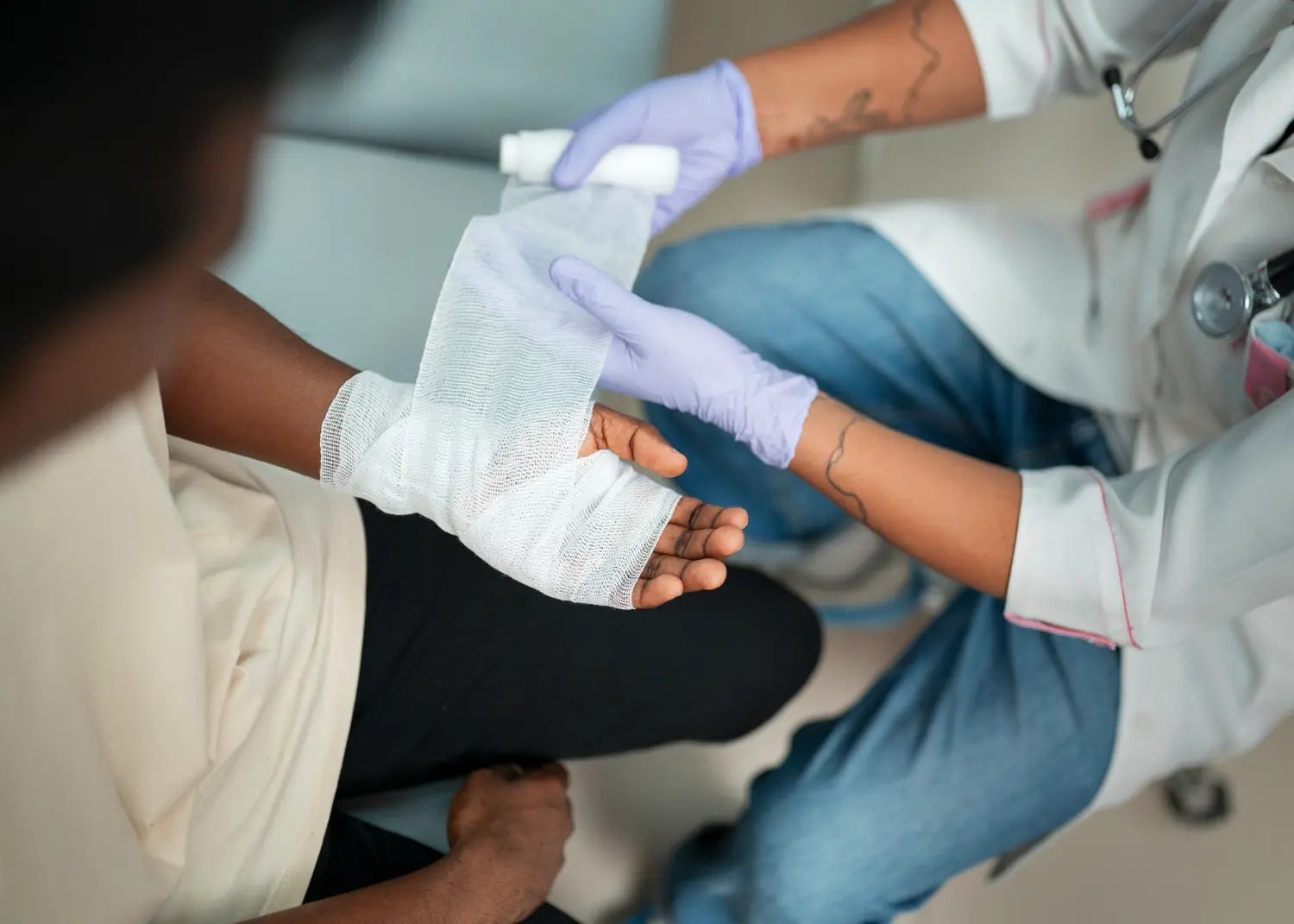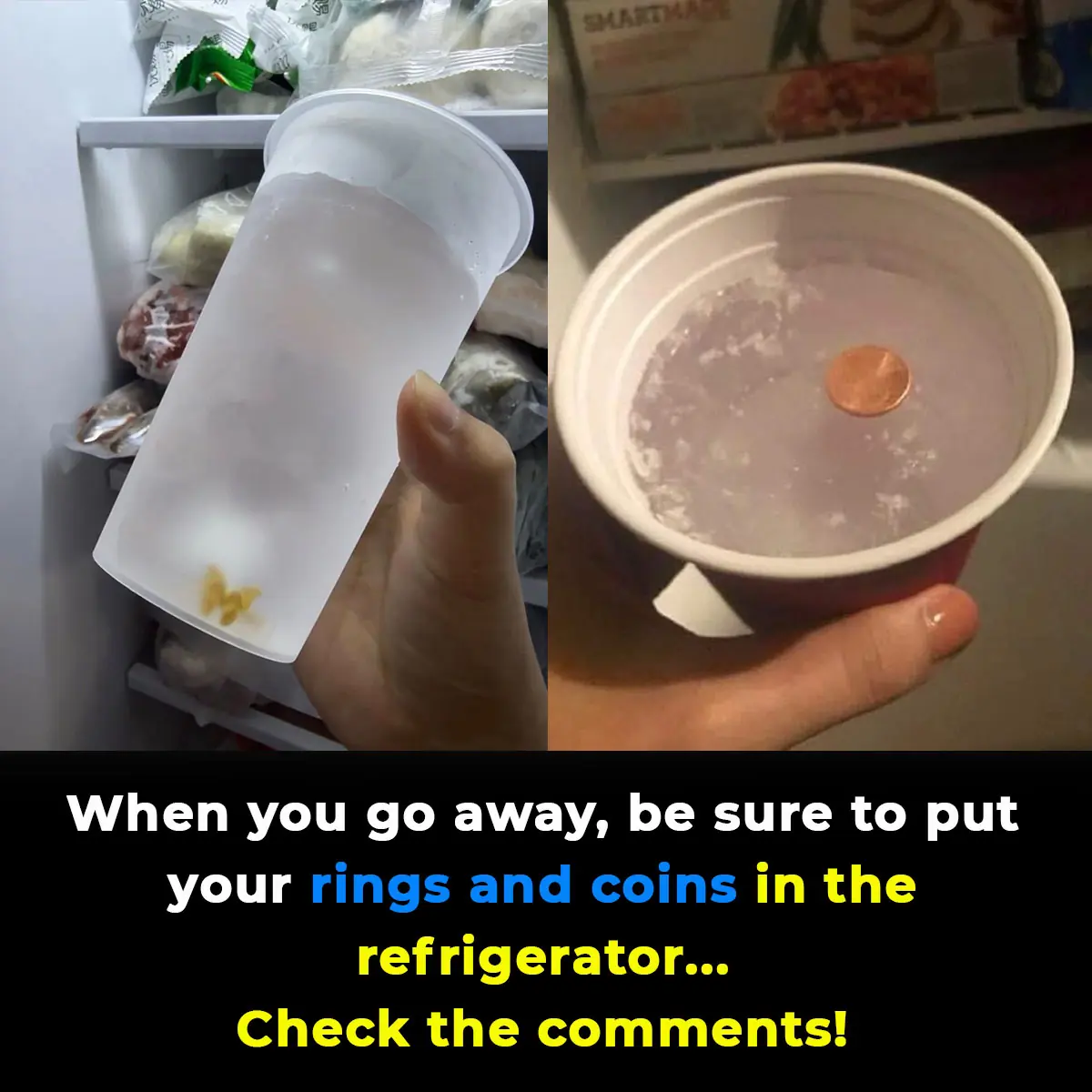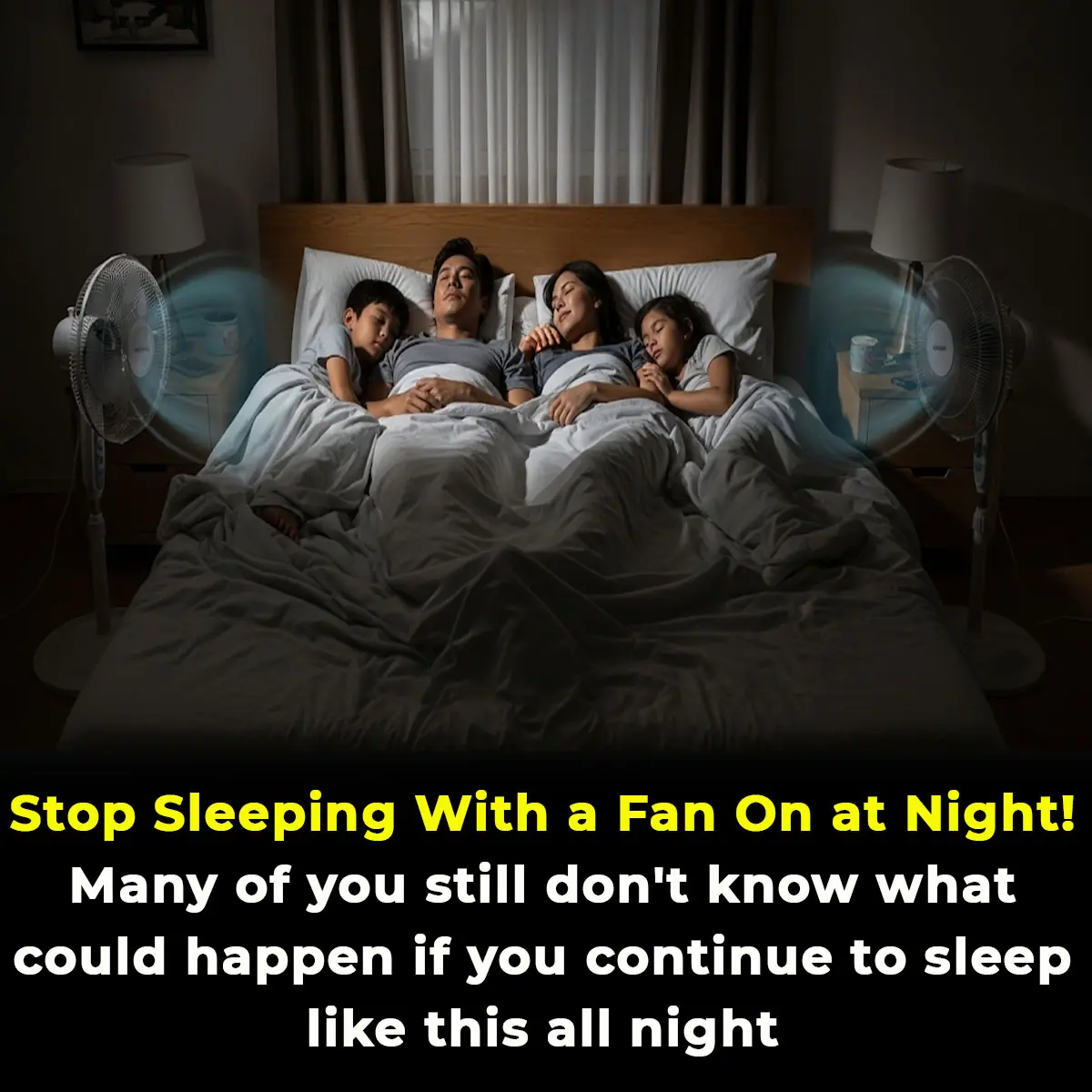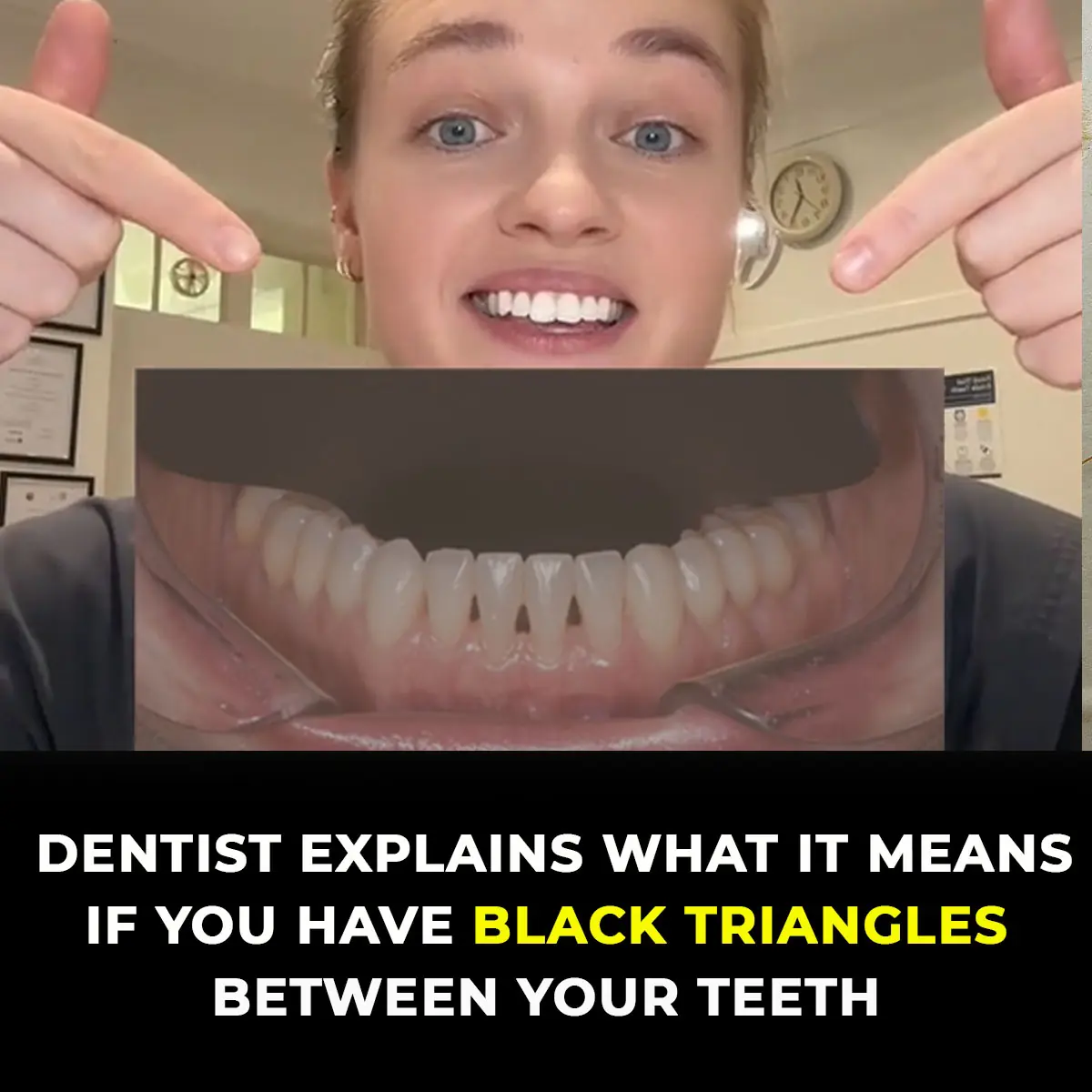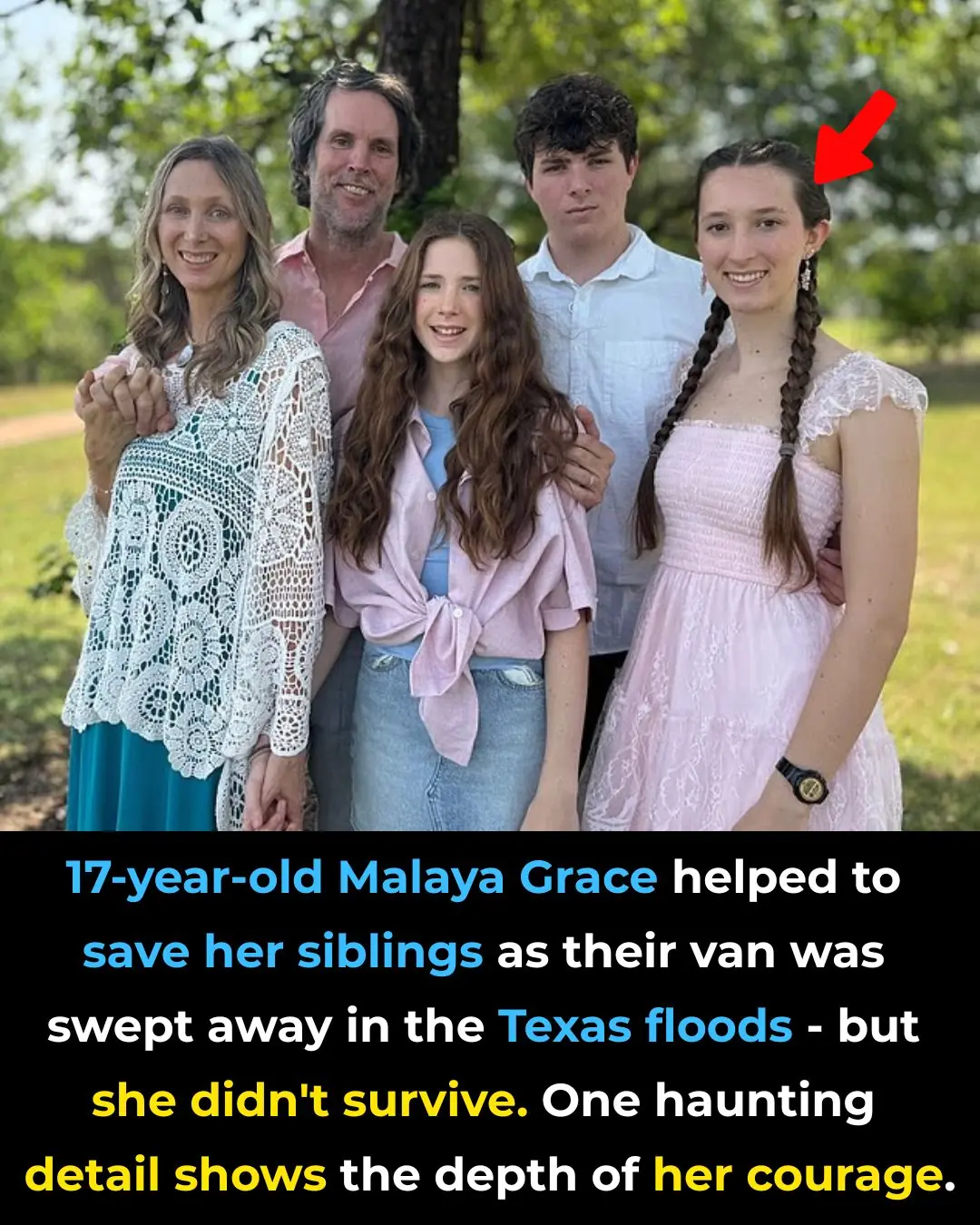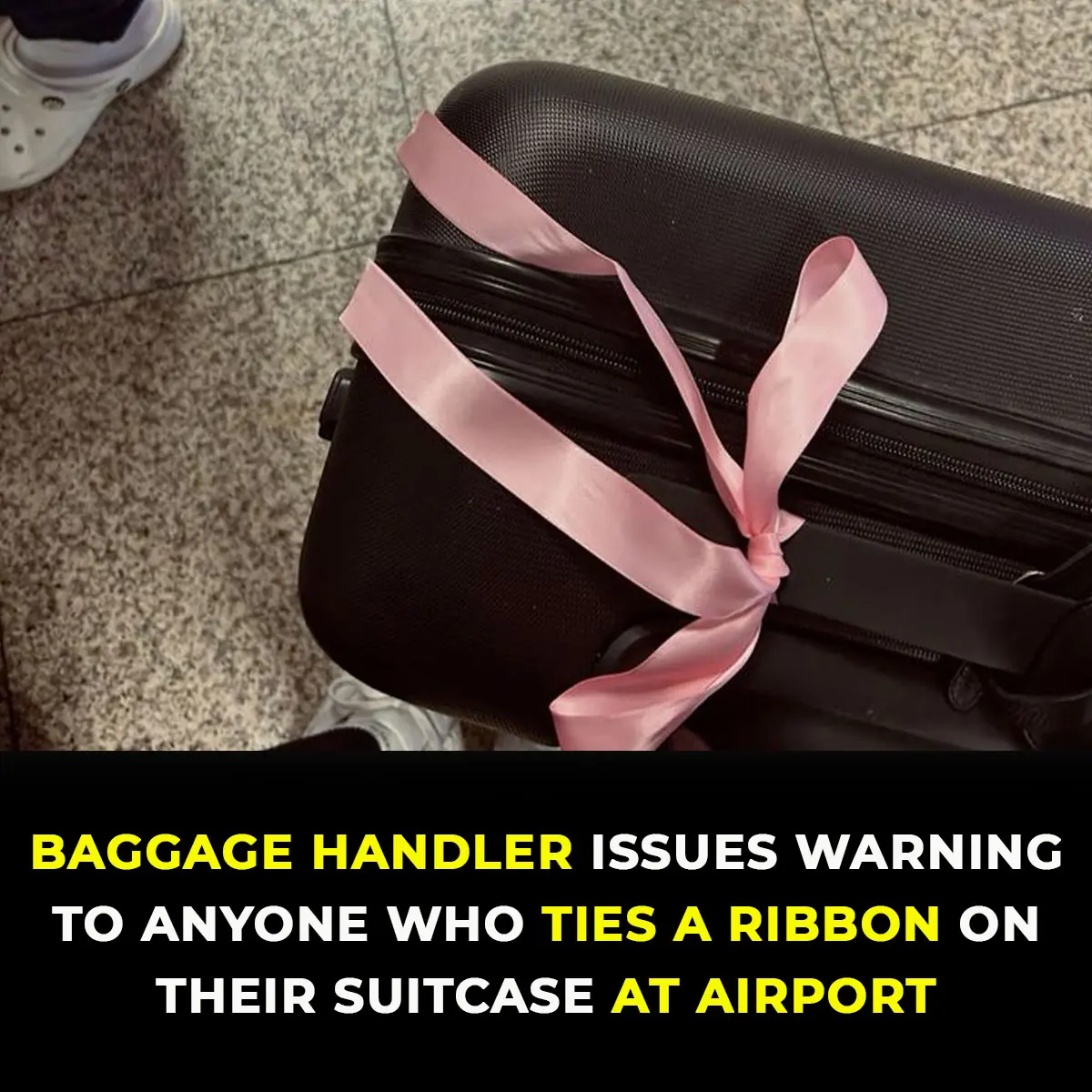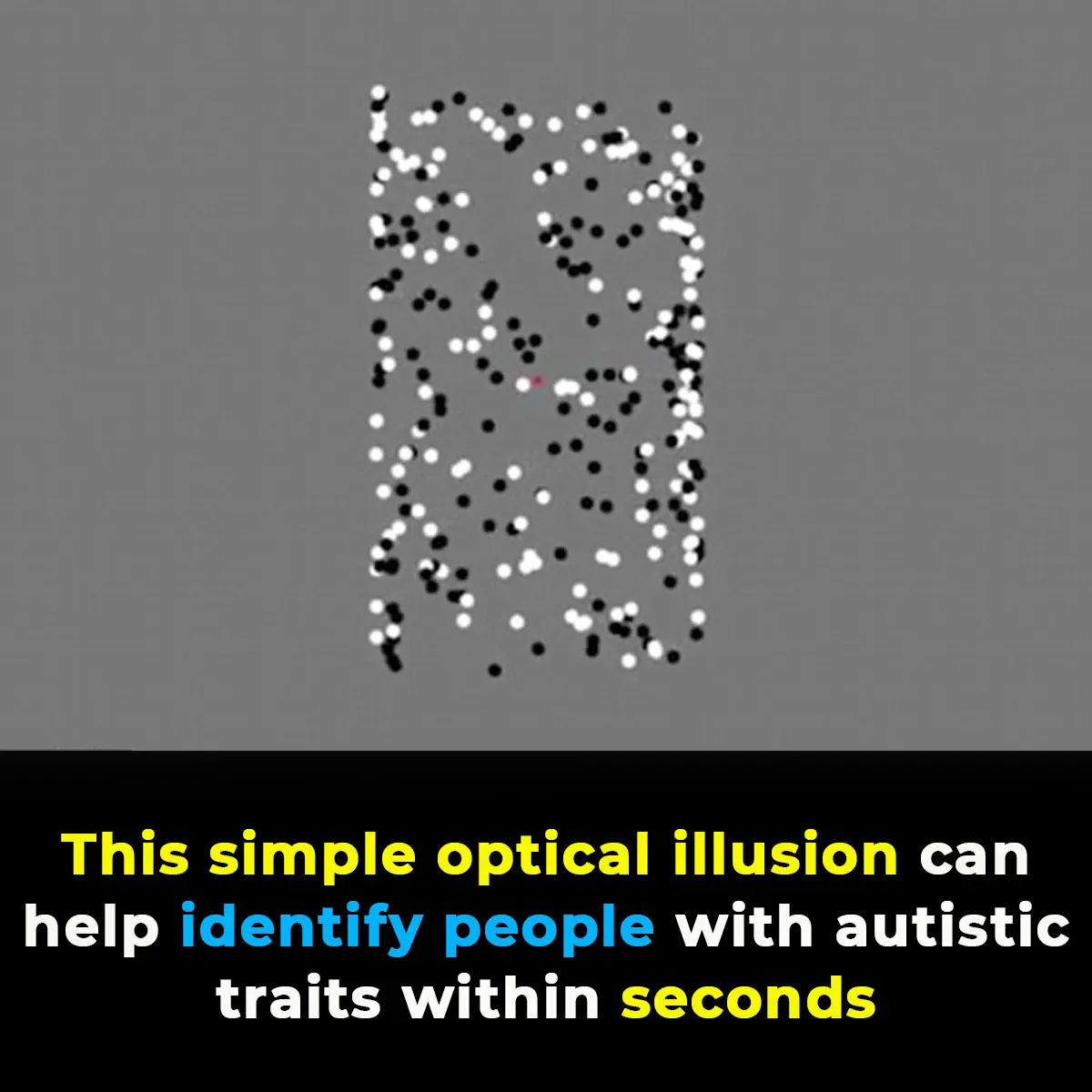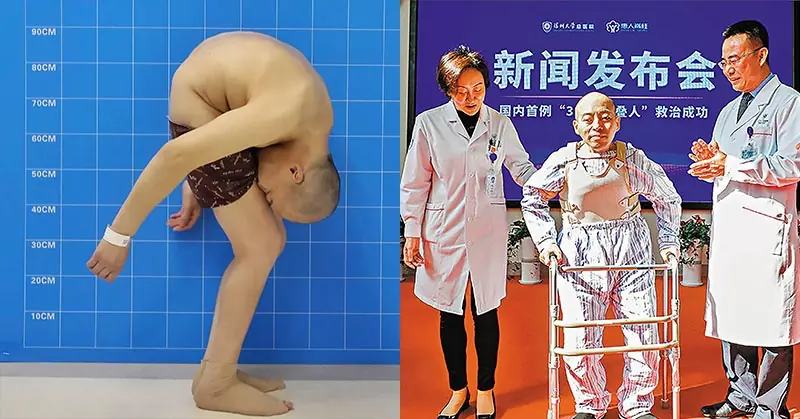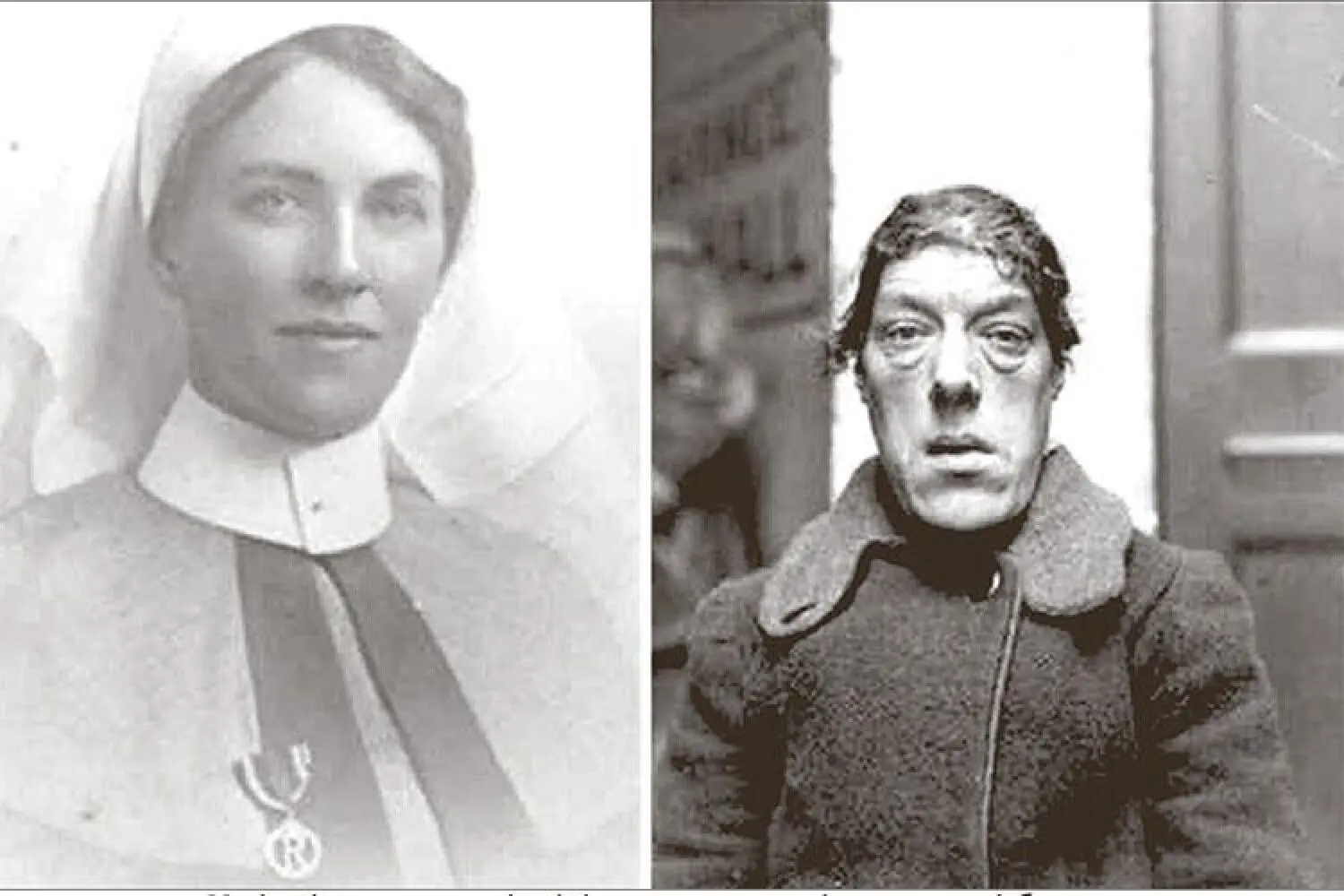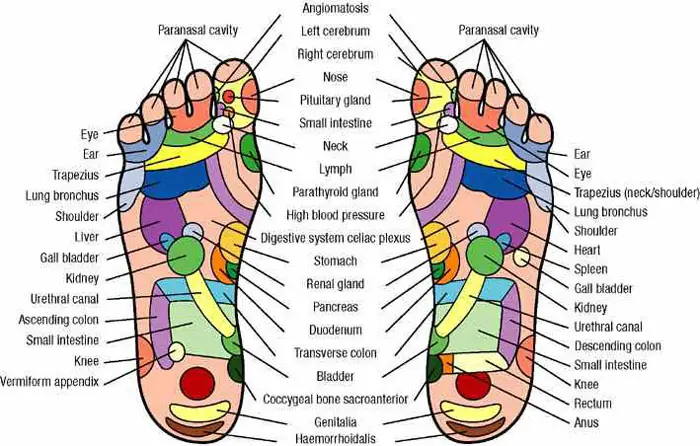For years after my parents’ divorce, my dad repeatedly put his new wife’s kids ahead of me. One day, I decided to stop pretending it didn’t matter. Let’s just say, he wasn’t too happy about it.
My parents separated when I was four. In the beginning, my dad did everything he could to make it feel like not much had changed. But after he remarried, his priorities slowly shifted—until it became clear that I wasn’t one of them anymore.
The custody agreement was simple: I lived with my mom, and Dad would take me on weekends. At first, he was consistent. He called often, picked me up on Saturday mornings, and sometimes even stayed on the phone to help with my homework or read me a bedtime story.
Back then, I still believed that even though he no longer lived with us, he was still the same dad.
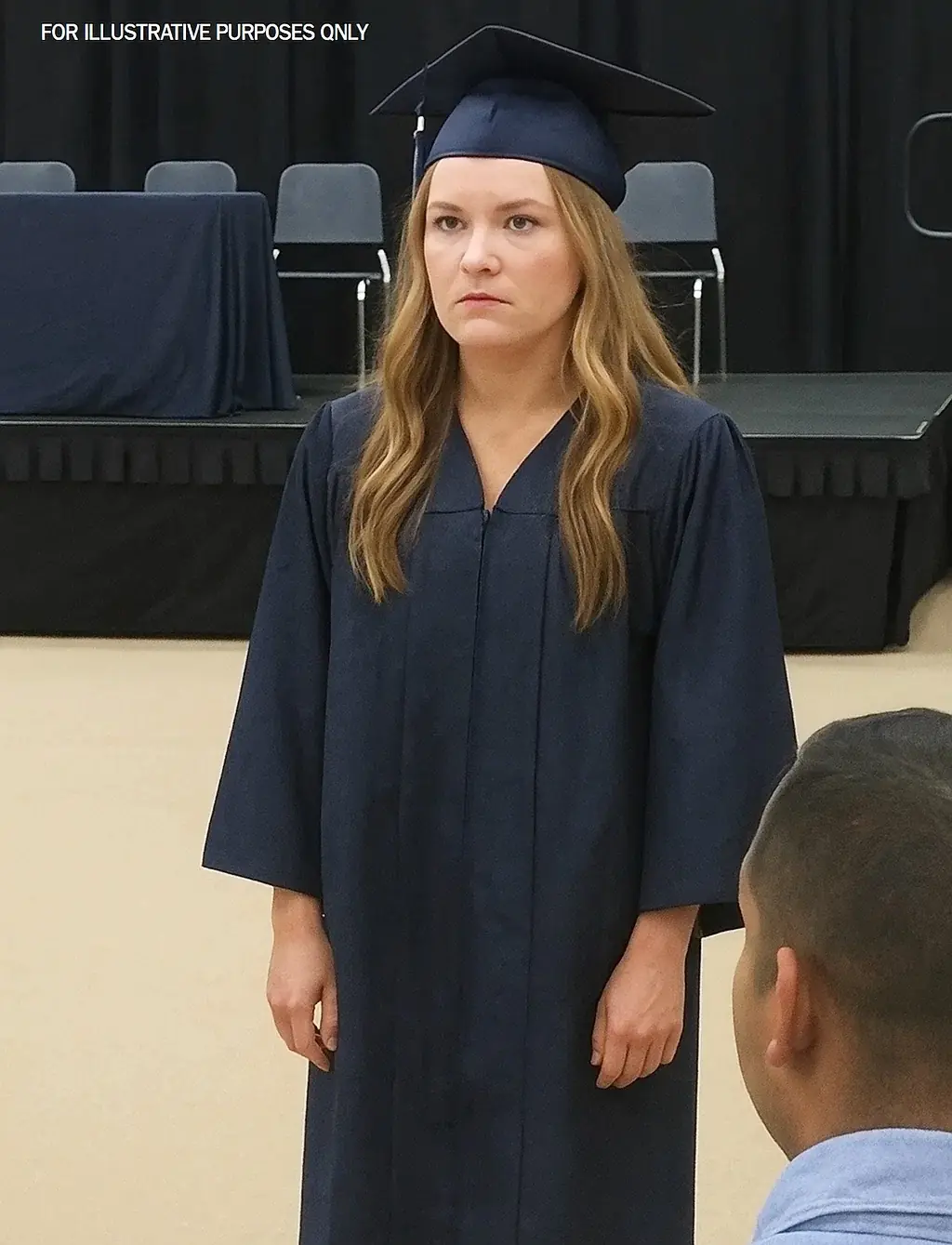
Then came Jane.
Jane had three kids from her previous relationship: Logan, Tyler, and Emma. Almost instantly, Dad’s home transformed into their space, while I became more of a guest. He tried at first—inviting me to family gatherings, birthdays, and board game nights—but I never quite fit in.
They shared inside jokes I wasn’t part of. They made a canvas of colorful handprints for the living room wall—mine wasn’t there.
I told myself it was just growing pains.
Then he started canceling visits—and I started to disappear from his schedule.
“Sorry, pumpkin, Logan has a soccer match today,” he’d say when he was supposed to pick me up. Or, “Tyler’s asking to go to the indoor play park. You get it, right?” If I suggested going to the movies, he’d shrug and say, “We already saw one this week.”
Whenever I mentioned that our one-on-one time was being replaced with outings centered around his stepchildren, he’d brush it off with, “It’s family time—you should be happy! Besides, your stuff’s not as fun.”
It made me feel like I was wrong to want time with him.
When I turned thirteen, I used money I’d saved from babysitting to buy a ticket to a concert for a band we both loved. It was supposed to be something meaningful—just the two of us. He promised to buy his own ticket and go with me.
Three days before the show, I called to confirm.
“Ah, pumpkin… Emma really wants her room repainted, and I had to spend the money on supplies.”
I sat silently with the phone in my hand, trying to keep my disappointment in check.
Another time, I fell out of the old oak tree in Mom’s backyard and fractured my arm. At the hospital, I kept glancing at the door, hoping to see my dad walk in.
He didn’t.
Mom sat next to my bed and gently said, “Your dad’s caught up with something today. He asked me to tell you he’s proud of you.”
Proud? For what—managing on my own?
Later, I found out Jane’s child had a medical procedure the same day. That’s where he was.
When I shared how that made me feel, he accused me of being selfish. “It’s not just about you anymore,” he said, like I should feel guilty for wanting a place in his life.
Mom, thankfully, never failed me. She worked long hours, made sure I had everything I needed, and cheered louder than anyone at school events. She even taught herself to braid my hair just from watching videos online. She sat with me during long nights when I couldn’t sleep.
Years later, my school announced a big field trip. It was pricey, and I didn’t want Mom to carry the full cost alone. I asked Dad if he’d help. He immediately said yes. I was overjoyed, even told my teacher I’d be joining the trip.
Two weeks before the deadline, he called.
“Pumpkin, the twins’ birthday party is coming up, and we’re planning something really fun. We had to rent a bounce house and decorations—it’s going to be expensive. I hope you understand.”
That’s when it truly hit me. I wasn’t a priority. I was an afterthought.
Mom quietly found a way to cover the cost and made sure I didn’t miss out. I didn’t tell her, but that day I made a quiet promise to myself: I wouldn’t keep chasing someone who didn’t show up.
Fast-forward to my final year of high school.
Graduation was coming, and I was determined to finish strong. After countless late nights, papers, and part-time jobs, I made it to the top of my class. I even got into my dream college—on my own.
Mom was over the moon. Dad? He offered polite congratulations.
Surprisingly, he said he wanted to contribute to my graduation party. I was cautiously optimistic. Maybe this time would be different.
But a week before the party, he called again.
“Hey, pumpkin. Tyler’s been going through a rough patch at school. Jane and I thought a little shopping trip might cheer him up. I was wondering if we could redirect the party money toward that? He really needs it.”
That tone—calm, but full of expectation—came back again, like I should be the one to compromise.
I took a deep breath. “Actually, no.” Then I hung up.
Two days later, I drove to his house and handed him the sealed envelope. Jane opened the door with a hesitant smile. Inside, the kids were busy with the TV and nail polish. Dad appeared, wiping his hands with a towel.
“What’s going on, pumpkin?”
I stepped forward. “I won’t be needing this. But thank you.”
He looked confused, but I didn’t stick around to explain.
Graduation day was sunny and crowded. The gym was full of families with flowers and balloons. Mom was front row, beaming. Next to her sat Mike, her boyfriend of the past year.
Mike wasn’t flashy. But he was present. He had driven me to interviews, sat through speech practice, and even read over my college essays when Mom was exhausted.
He didn’t try to be someone else—he simply showed up.
At our school, top graduates could ask a parent or mentor to join them on stage. When my name was called, I stood and smoothed my gown.
I noticed Dad rise too, straightening his tie, expecting to walk with me.
But he paused when he saw Mike stand beside me.
The room fell quiet.
Mike offered his hand with a gentle smile.
Dad stopped mid-step, confused.
Then he called out, “Wait—who is that? I’m her father!”
His voice cut through the silence. “That should be me up there!”
I turned toward him.
“Oh, now you remember?” I asked calmly. “You forget for years, but now that there's an audience, you want to be involved?”
He opened his mouth, but couldn’t find the words.
“You’re embarrassing me in front of everyone!” he said. “After all I’ve done!”
I laughed softly. “You mean skipping the hospital? Canceling our concert plans for a paint project? Or using my graduation money for a shopping trip?”
He looked around for support. Jane was quiet, the kids said nothing.
“You’re overreacting,” he muttered.
“No,” I said. “You’ve been absent. So today, I invited someone who’s been here. Someone who never made me feel like I didn’t belong.”
He shifted awkwardly. “So that’s it? I’ve been replaced?”
I didn’t answer.
That day, he saw what happens when people drift too far away—they’re no longer beside you during your proudest moments.
I turned to Mike. He squeezed my hand.
“Ready?” he whispered.
I smiled. “More than ever.”
We walked across the stage together. And for the first time in years, I didn’t feel like a second choice. I felt seen. I felt valued.
I felt like someone’s daughter—not just by name, but by love and effort.




